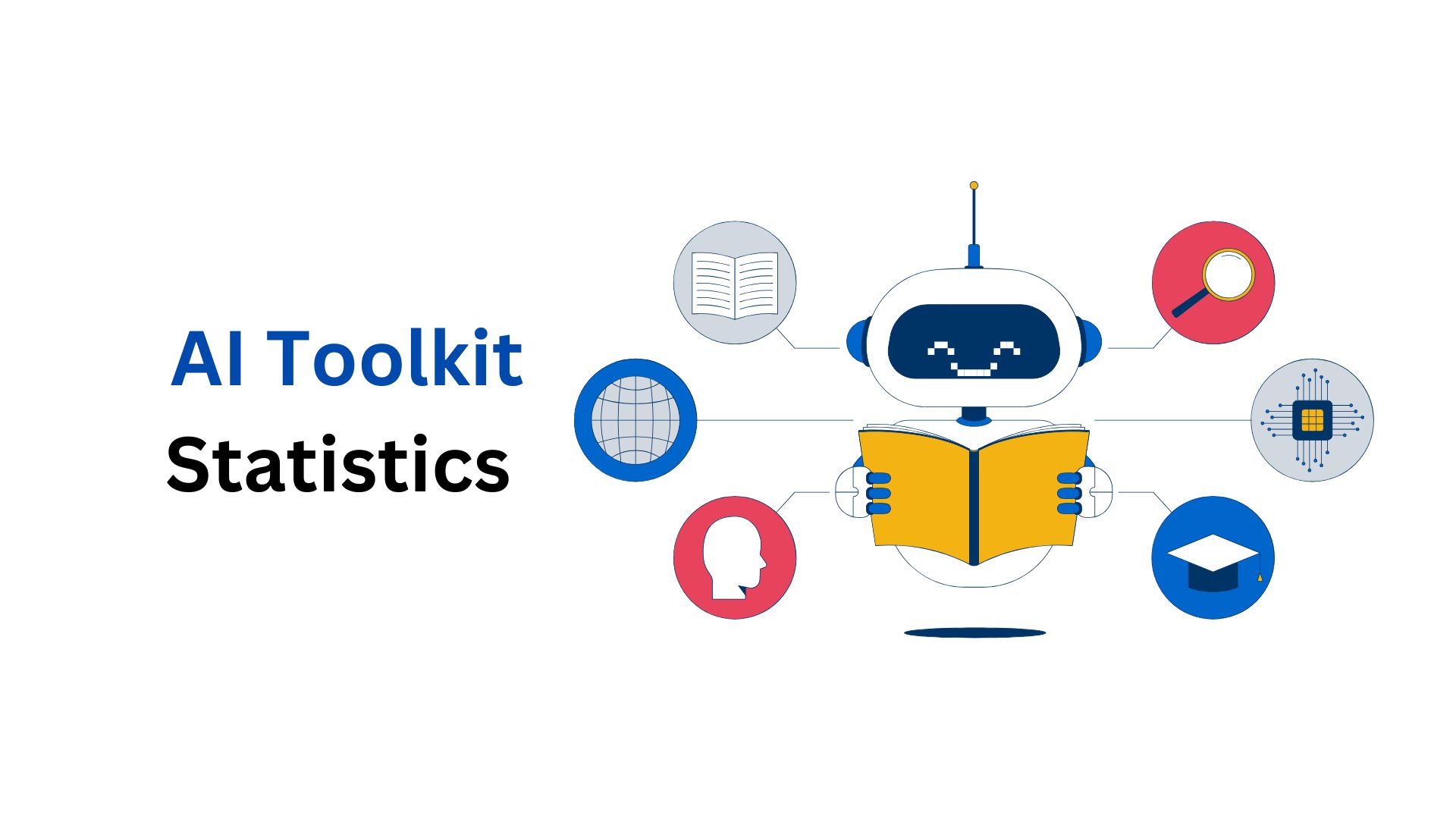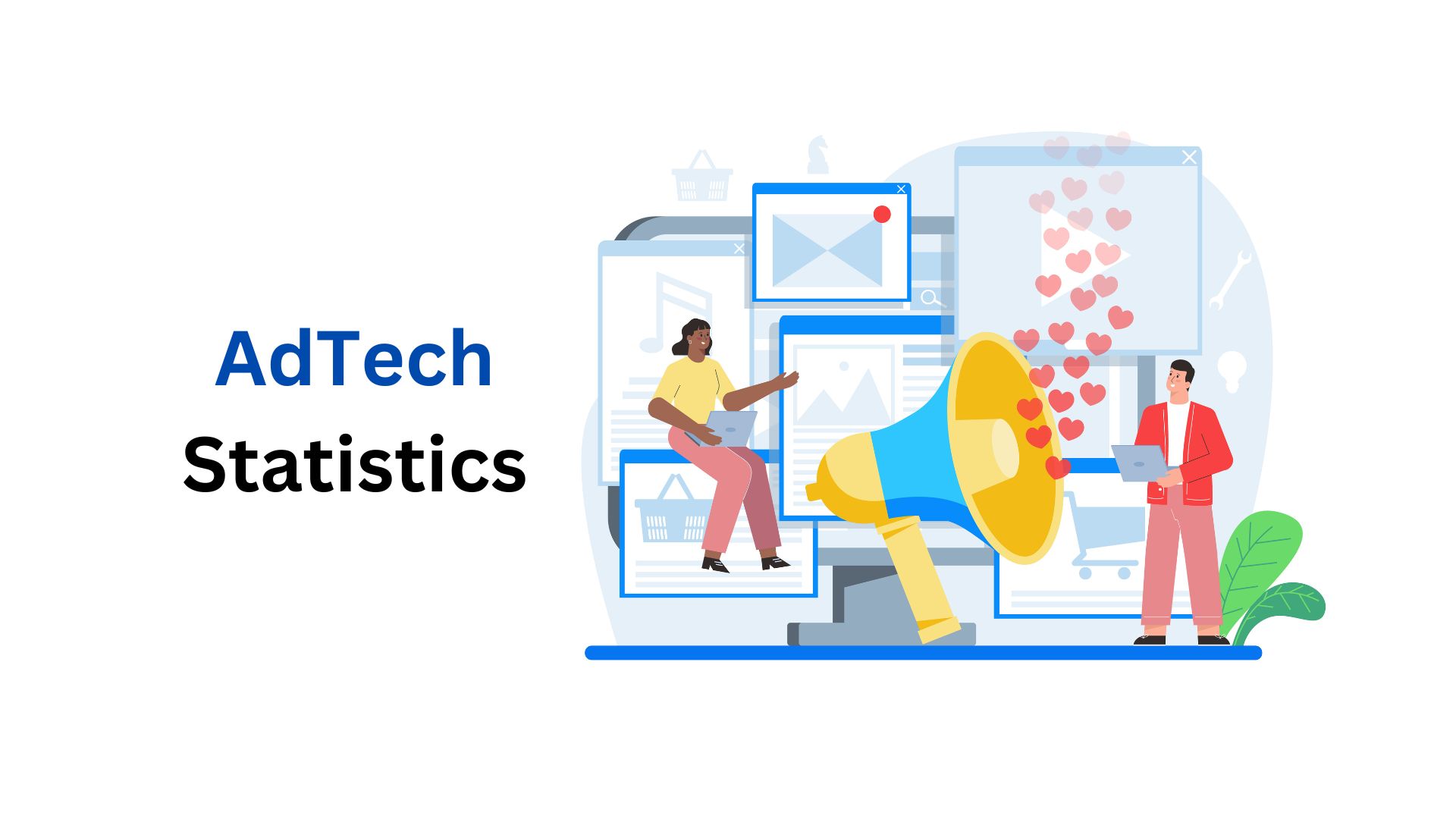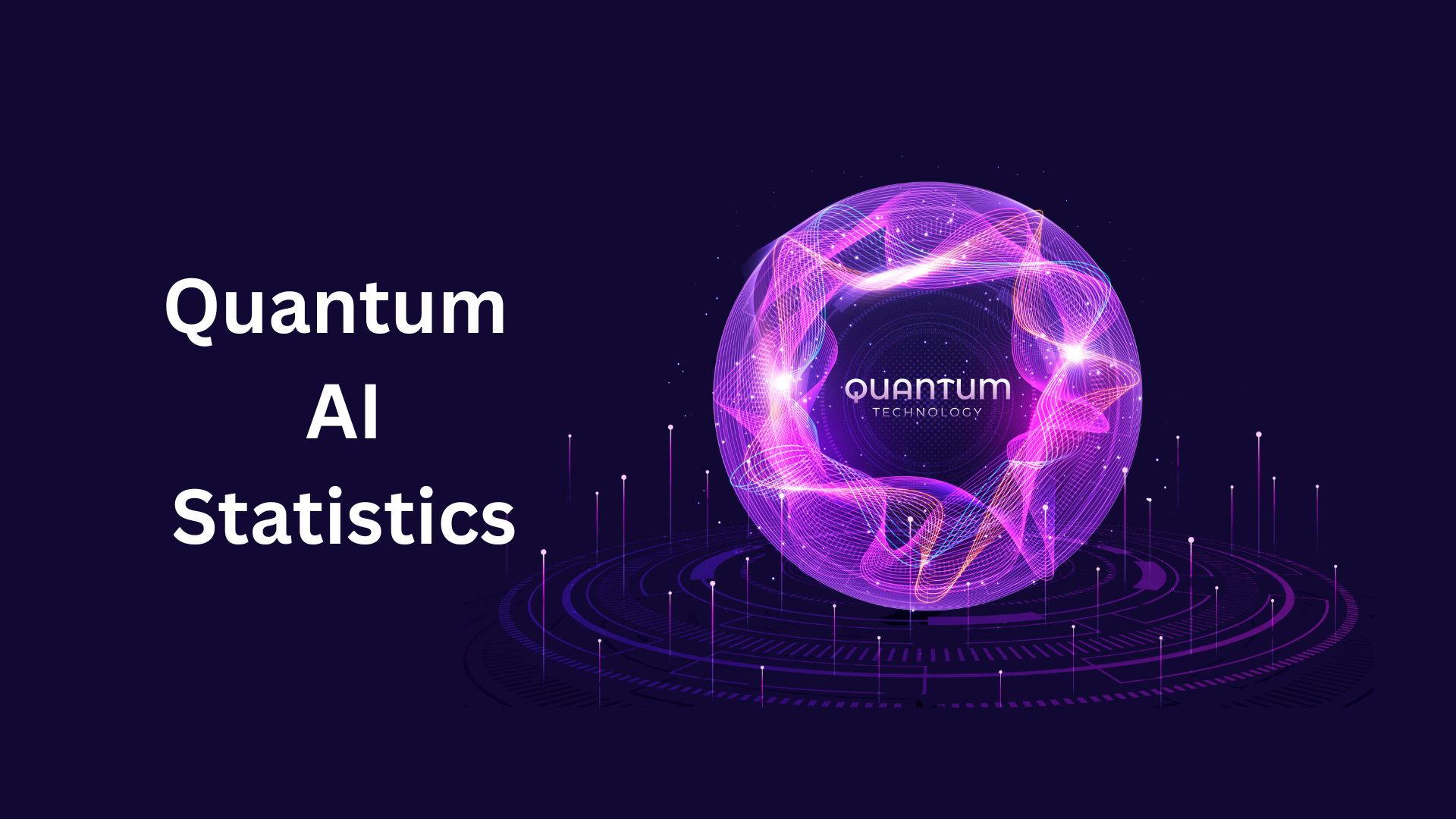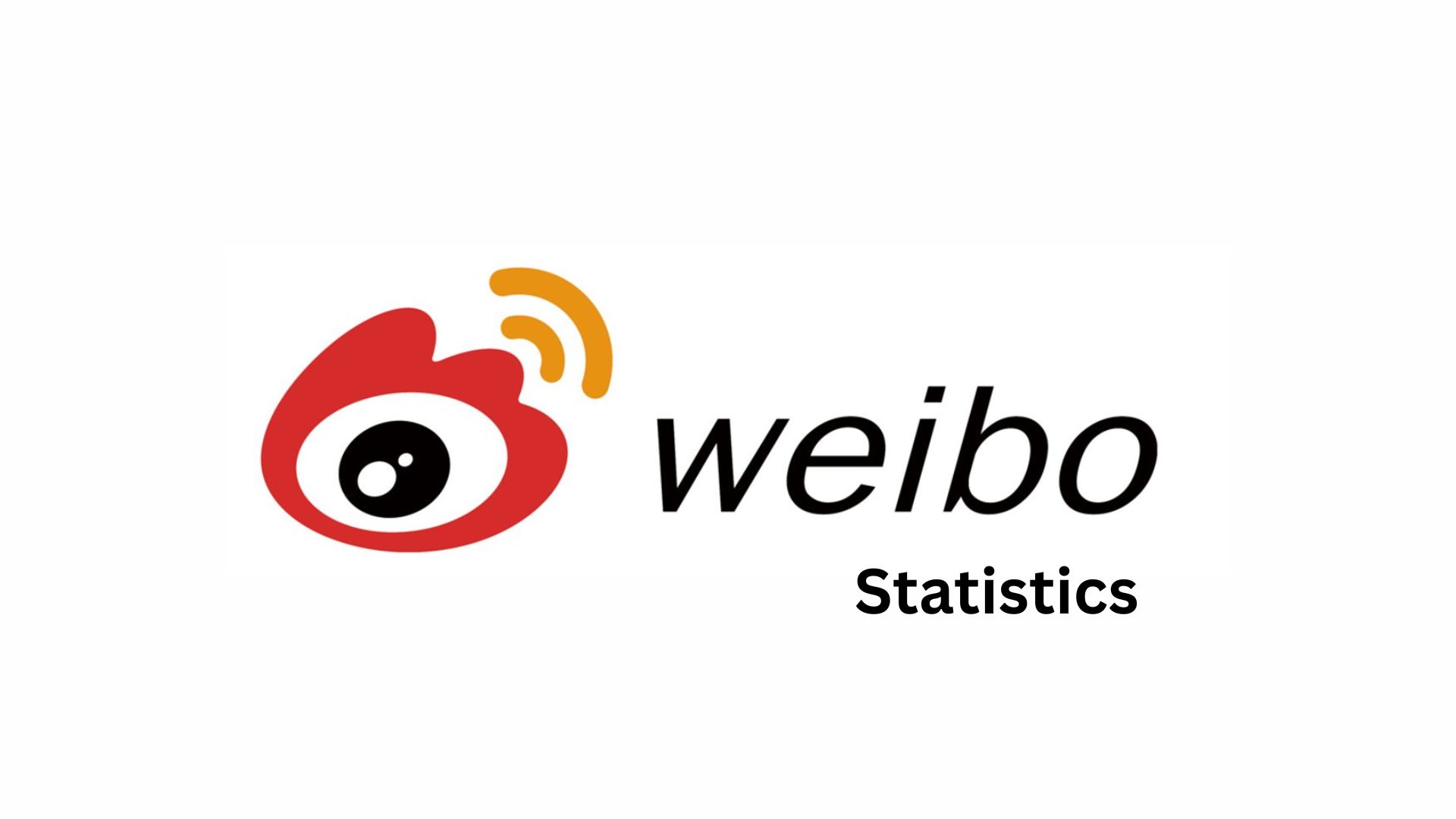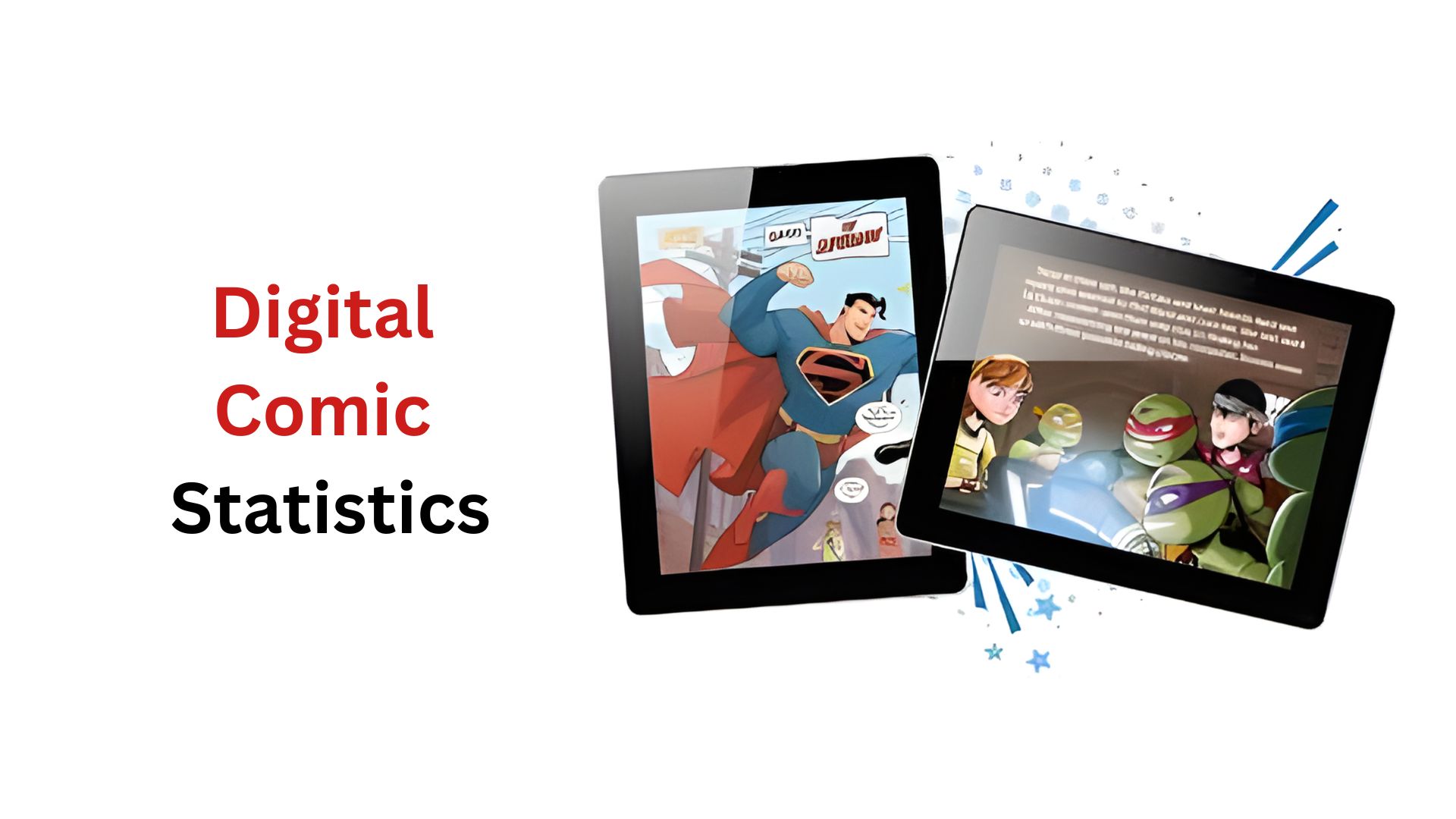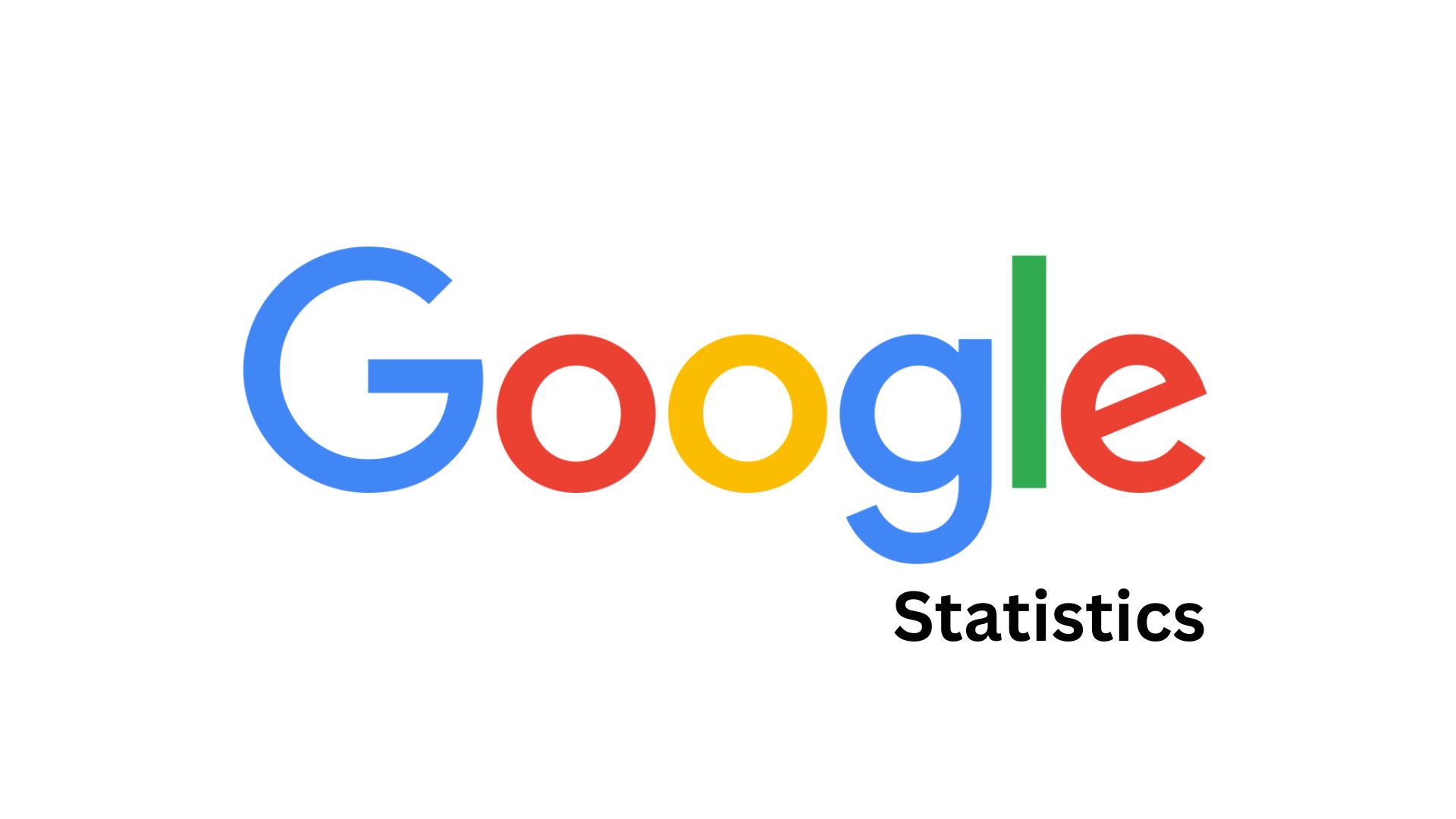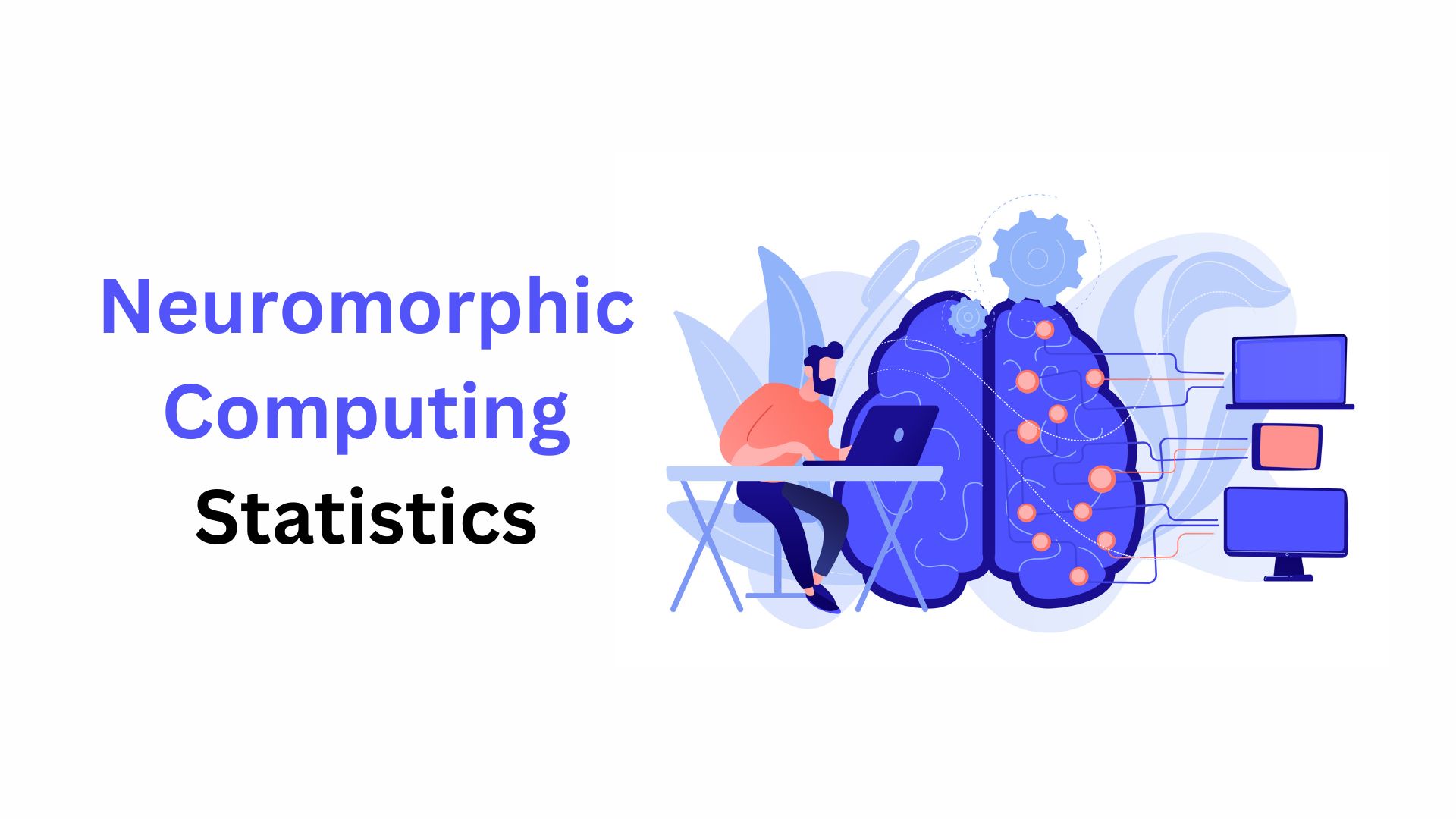DeepL Statistics And Facts (2025)
Updated · May 12, 2025
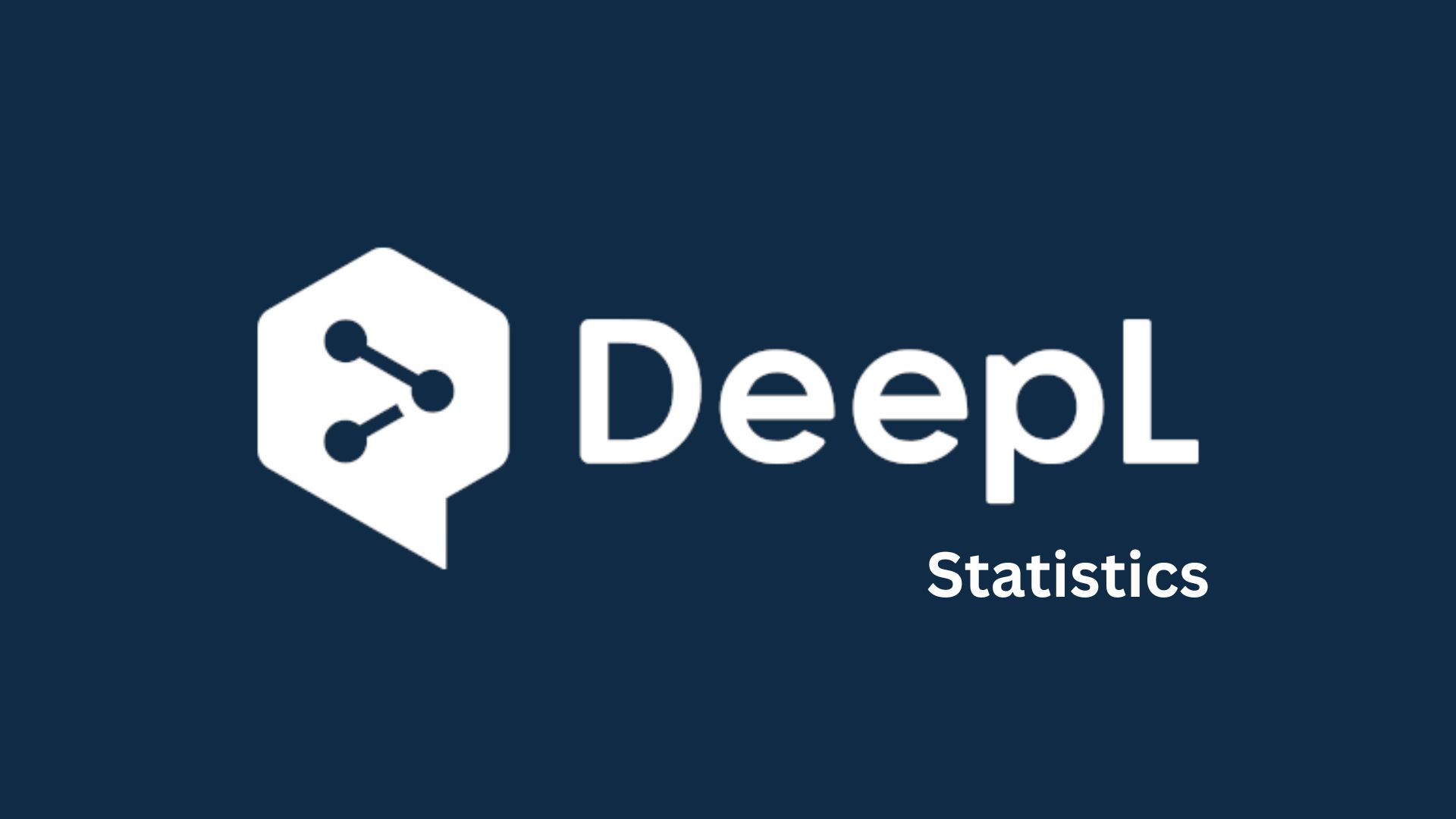
Table of Contents
Introduction
DeepL Statistics: DeepL continued its reign as the MT leader in the industry into 2024. Founded back in 2017, this Cologne-headquartered firm grew rapidly to the point that it stands today as the most widely used MT among language service companies (LSCs) the world over. Its neural network technology remains at the centre of DeepL’s offerings, and it was specially engineered for language translation to provide greater accuracy and speed than other methods.
This article details DeepL statistics key milestones and achievements made in the year 2024, with a focus on the industries it affected and its ever-growing footprint in the global space.
Editor’s Choice
- DeepL statistics reveal that the platform had revenues of US$185.2 million in 2024, up by 31% from US$141.3 million in 2023.
- DeepL raised a further US$300 million in 2024, doubling its valuation from US$1 billion in 2023 to US$2 billion.
- The new round saw participation from Index Ventures, ICONIQ Growth, Teachers’ Venture Growth, IVP, Atomico, and WiL, with a lead from Index Ventures.
- Used by 82% of language service companies, DeepL ranks significantly better than Google Translate at 46%, Microsoft Translator at 32%, and Amazon AWS Translate at 17%.
- Currently, the platform offers translation between 32 languages, with some serious growth in the U.S. and Asia.
- According to DeepL statistics, the latest DeepL models are trained on proprietary, translation-specific data and refined by the work of thousands of expert linguists.
- Blind tests show that DeepL translations are preferred by a factor of 1.3 times over Google Translate, by a factor of 1.7 times over ChatGPT-4, and by a factor of 2.3 times over Microsoft Translator.
- The next-gen model delivers 1.7x better translation quality for Japanese and Simplified Chinese and 1.4x better than German.
- A Forrester study, among other things, cited a 345% ROI on investment, along with a 90% reduction in translation times and a 50% workload cut for companies using DeepL.
- DeepL statistics state that DeepL meets the highest standards for privacy: ISO 27001, GDPR compliance, and SOC 2 Type II. For Pro users, the data is specifically not used for model training.
- Enterprise customers include companies such as Zendesk, Nikkei, Coursera, and Deutsche Bahn, showcasing DeepL’s steady march into the corporate space.
DeepL Revenue
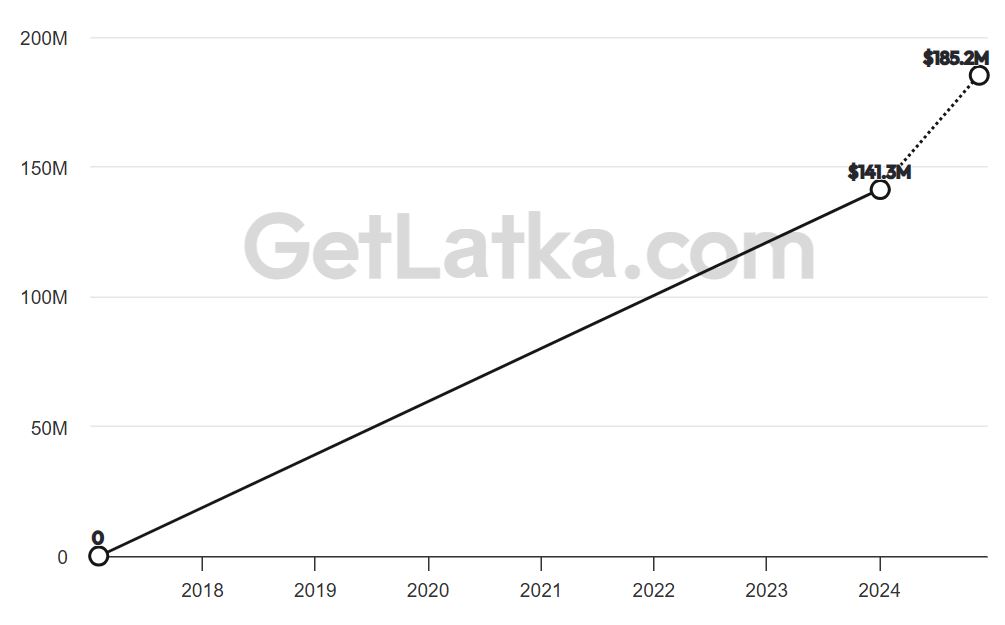
(Source: getlatka.com)
- As per DeepL statistics, since its emergence back in 2017, DeepL has experienced consistent, gradual revenue growth throughout its existence.
- Beginning 2017 with zero revenue in the first year of its launch, growth picked up due to strong demand for machine translation with high-quality service provision.
- Over the years, DeepL became renowned for providing more accurate translations with more context awareness than competitors and thus earned an ever-loyal user base comprising enterprises, governments, and individuals from all over the world.
- By the end of 2023, DeepL grossed approximately US$141.3 million.
- In addition to being a very significant jump compared to previous years, DeepL incursion into various industries such as legal, medical, financial, and tech had been on the rise.
- DeepL’s revenue soared to higher realms at US$185.2 million in 2024, representing a year-on-year growth of US$43.9 million or around 31% of growth compared to 2023.
- This surge suggests that AI-powered language solutions have become more in demand as more businesses around the world open cross-border channels.
- It also hints at a scenario where DeepL may have not only retained existing clients but also lured in new users to strengthen its foothold in the highly competitive translation technology market.
- This DeepL statistics trend, steadily rising from a revenue of US$0 in 2017 to US$185.2 million in 2024, illustrates DeepL’s business model scalability and burgeoning market demand for precise, AI-based translation solutions.
DeepL Global Reach And Enterprise Funding
- AI-powered translation platform DeepL has raised US$300 million, thus indicating ongoing investor enthusiasm for AI technologies.
- The funding round was led by Index Ventures and gave a US$2 billion valuation to the company, doubling its valuation from January 2023 of US$1 billion after raising US$100 million.
- New investors such as ICONIQ Growth and Teachers’ Venture Growth participated in the round; they join the existing backers IVP, Atomico, and WiL. Founded back in 2017 by the current CEO, Jaroslaw “Jarek” Kutylowski, the company has emerged as a formidable contender against Google Translate.
- Kutylowski explained that he had a great deal of trust in DeepL’s US$2 billion valuation and considered it to be “pretty moderate” for a private-stage company.
- He admitted valuations for private companies indeed attract higher multiples than those for public companies, but he emphasised an intention to remain rational in the face of growth.
- The recent DeepL statistics round of funding includes a secondary sale of shares by some early investors such as the Swiss venture fund b2venture.
- Kutylowski went on to say that although the company does not urgently require large sums of money, having high-profile late-stage investors adds to its positioning and long-term strategy.
- Currently, DeepL supports translation between 32 languages, including the important European languages like English, German, French, Spanish, Italian, Polish, and Dutch.
- The road ahead, according to the company, includes a deeper push into the US market, which now stands third-largest after DeepL’s first office opened there in January.
- Expansion into Asia is an equally big focus, providing support for more Asian languages, symbolising the importance of Malaysia in Deepl’s growth.
- For the long term, Kutylowski described a vision of turning DeepL into a productivity platform for enterprise use: The platform will help large companies in streamlining internal and external communication to a great degree and reduce manual language tasks.
- This DeepL statistics strategic shift will come into being even as some of the major enterprise clients like Zendesk, Nikkei, Coursera, and Deutsche Bahn are now engaged in operations with DeepL.
- Recent fundraising shall also ensure the continuation of funding towards research and development.
- In scaling up, DeepL would like to evolve beyond just translation into a language system that will control how businesses communicate more effectively, especially through internal communication or global outreach.
DeepL’s Next-Gen Translation Model
- With its new generation of language models, DeepL keeps setting new standards for AI-powered translation.
- These models are trained on highly premium-quality linguistic data and refined with the editing help of thousands of expert linguists, yielding extremely accurate and fluent translations.
- According to DeepL statistics, by blending cutting-edge AI and real-world linguistic expertise, DeepL achieves consistently top-quality human translations.
- Among the latest blind tests carried out by professional linguists, DeepL turns out to be mostly preferred against all competitors: It emerged 1.3 times favourite compared to Google Translate, 1.7 times against ChatGPT-4, and 2.3 times preferred to Microsoft Translator.
- Further differentiating factors for DeepL are that its LLMs are custom-built and fine-tuned solely for translation-specific tasks.
- LLMs of this type are considered to reduce hallucinatory content and misinformation, a critical consideration for international businesses looking for reliable AI-based tools. Unlike general-purpose models trained on the vast internet, unverified data, DeepL makes use of more than seven years of proprietary, translation-specific data. Such a dataset allows the platform to perform translations with precision and contextual accuracy. Most recently, enhancements have been made to translations between English and languages such as Japanese, German, and Simplified Chinese, with more languages coming soon.
- Testing confirms that with a quality improvement, the next-generation model is 1.7 times better than the previous model in Japanese and Chinese and 1.4 times better in German.
- A 2024 study by Forrester Consulting quantified the economic benefit of DeepL.
- The report of DeepL statistics revealed that companies using the platform cut down translation time by 90%, workloads by 50%, and gained an ROI of 345%.
- These numbers speak volumes about DeepL’s ability to increase productivity and smooth over communications globally.
- More importantly, DeepL prioritises the security and privacy of its users. Its systems are engineered to meet the highest standards in the industry, including ISO 27001 certification, GDPR compliance, and SOC 2 Type II reporting.
- The company further assures that data from Pro users will never be used for training its models.
DeepL Usage
- DeepL is the foremost translation machine in the LSCs arena: a position further cemented in 2024 through data from the Association of Language Companies’ Industry Survey, a collection of DeepL statistics prepared by ALC in collaboration with Slator.
- It was revealed in the survey that the adoption of DeepL’s translation technology stands at a whopping 82% among LSC companies, marking a huge gulf in market dominance from others.
- This adoption is more than twice as much as that of any other competitor. The veteran in this field, Google Translate, was never more popular, with 46% of respondents, trailing DeepL by 36% points.
- Next on the list was Microsoft Translator at 32%, followed by Amazon AWS Translate at a mere 17%.
- Such a wide gap bespeaks changing tastes among language professionals who are increasingly favoring DeepL for its translation quality, reliability, and enterprise features.
- The stark rise of DeepL becomes evident when we contrast it with the previous year’s positioning. In the 2023 rankings, DeepL was placed third in provider machine translation, while in 2024, it climbed to the highest position on the list.
- Such a fast rise speaks volumes about DeepL’s growing brand awareness and the increased level of trust it has started to command for its AI technology in the world language services market.
- The LSCs’ choice of DeepL boils down to several things: consistently better-quality machine translation, more rigorous data privacy practices, and country- or language-specific tuning that outperforms a general-purpose AI system.
- This draw of the platform has been pushed further by wide-ranging news coverage from media outlets such as PR Newswire, UAE Financial Times, and others that wrote about the ever-increasing influence it was gaining in the translation industry.
Conclusion
By 2024, according to DeepL statistics, the platform will be able to confirm its position as a leader, completely defining the machine translation industry through advanced technology and widespread adoption. DeepL’s presence is felt among various industries, given its considerable market share, wide-ranging customer base, and demonstrated efficiency gains.
Increased demand for high-quality and fast translation services will surely benefit DeepL as its innovations allow it to stay at the forefront and make a deep impact in the global landscape of language services.
FAQ.
DeepL’s revenues had touched US$185.2 Mil in 2024, a growth of 31% from US$141.3 Mil in 2023. This level of growth has earned its name due to the increasing customer base worldwide and industries like Legal, Medical, and Tech adopting it widely.
In 2024, 82% of language service companies (LSCs) reported using DeepL compared to 46% for Google Translate, 32% for Microsoft Translator, and 17% for Amazon Translate, thus being the most widely-used MT provider in the industry.
The new generation of DeepL’s models is trained on proprietary, translation-specific data sets and enhanced by thousands of expert linguists. With 1.3x–2.3x better translation preference rates, they stand apart from competitors, providing 1.7x better quality for Japanese and Chinese and 1.4x better for German.
In 2024, DeepL secured US$300 million in a round led by Index Ventures, doubling its valuation to US$2 billion. Such capital infusion eventually goes into R&D, expansion in the U.S., and further enterprise development.
Based on a 2024 study by Forrester Consulting, companies that had been adopting DeepL gained 345% ROI, spent 90% less time on translation, and saw a workload reduction of 50%, affording grants for operational efficiency.

Maitrayee Dey has a background in Electrical Engineering and has worked in various technical roles before transitioning to writing. Specializing in technology and Artificial Intelligence, she has served as an Academic Research Analyst and Freelance Writer, particularly focusing on education and healthcare in Australia. Maitrayee's lifelong passions for writing and painting led her to pursue a full-time writing career. She is also the creator of a cooking YouTube channel, where she shares her culinary adventures. At Smartphone Thoughts, Maitrayee brings her expertise in technology to provide in-depth smartphone reviews and app-related statistics, making complex topics easy to understand for all readers.

